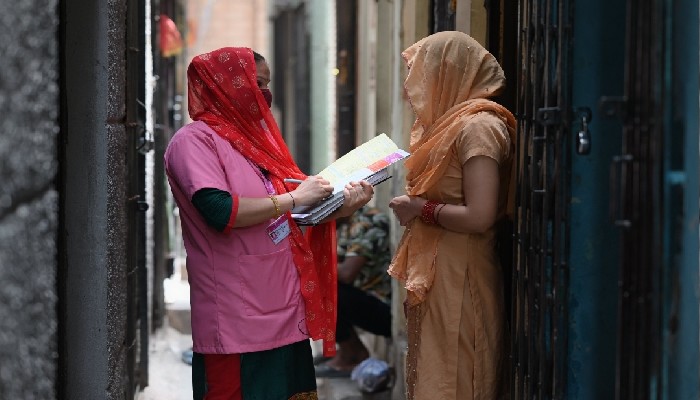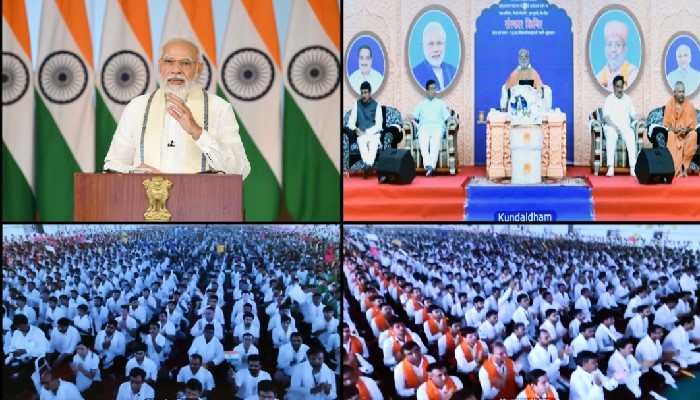ASHA workers have been honored for their crucial role in linking the community with the health system
India's one million ASHA (Accredited Social Health Activist) workers have received the Global Health Leaders Award-2022 during the 75th World Health Assembly.
ASHA workers are at the forefront of healthcare delivery in India, particularly in the rural areas.
On Sunday, World Health Organisation (WHO) Director General Tedros Adhanom Ghebreyesus announced six awards to honour outstanding contributions to global health, proven leadership, and dedication to regional health issues.
As part of this, he honoured India's 10 lakh all-women ASHA workers and recognized their vital role in providing direct access to healthcare in rural areas and their unrelenting efforts to battle the country's COVID-19 outbreak.
Talking about ASHA workers, WHO said in a tweet, "The Accredited Social Health Activist Workers (ASHA) are more than 1 million female volunteers in #India, honored for their crucial role in linking the community with the health system and ensuring that those living in rural poverty can access primary health care services."
ASHA - means 'hope' in Hindi. These health workers provide maternal care & immunization for children against vaccine-preventable diseases; community health care; treatment for hypertension & tuberculosis & core areas of health promotion for nutrition, sanitation & healthy living, the WHO added.
As ASHA volunteers received the World Health Organization (WHO) Director General's Global Health Leaders' Award, Prime Minister Narendra Modi praised them and complimented their commitment to their work.
While quoting the WHO’s tweet, PM Modi wrote, "Delighted that the entire team of ASHA workers have been conferred the @WHO Director-General’s Global Health Leaders’ Award. Congratulations to all ASHA workers. They are at the forefront of ensuring a healthy India. Their dedication and determination is admirable."
It is worth mentioning that ASHA volunteers are healthcare workers linked with the Indian government who act as the first contact point in rural India.
They provide maternal care and immunization for children against vaccine-preventable illnesses, as well as community health care, hypertension TB treatment, nutrition, sanitation, and healthy living education.
 Contact Us
Contact Us  Subscribe Us
Subscribe Us









 Contact Us
Contact Us
 Subscribe
Subscribe
 News Letter
News Letter

